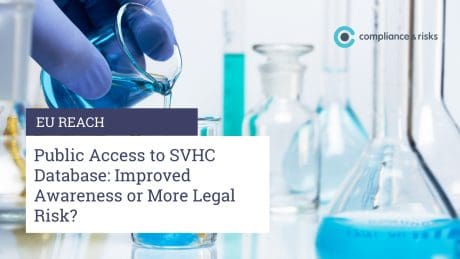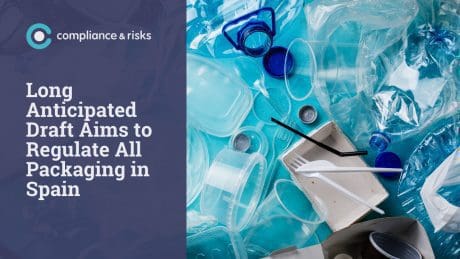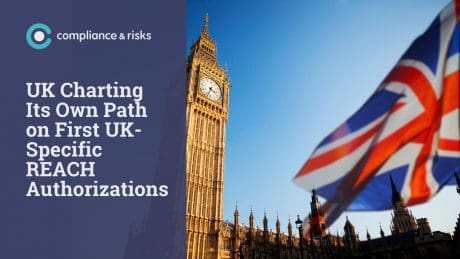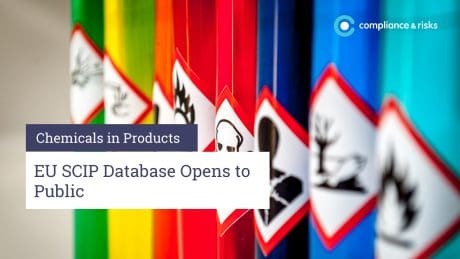
UK OPSS Publishes Guidance on No Deal Brexit
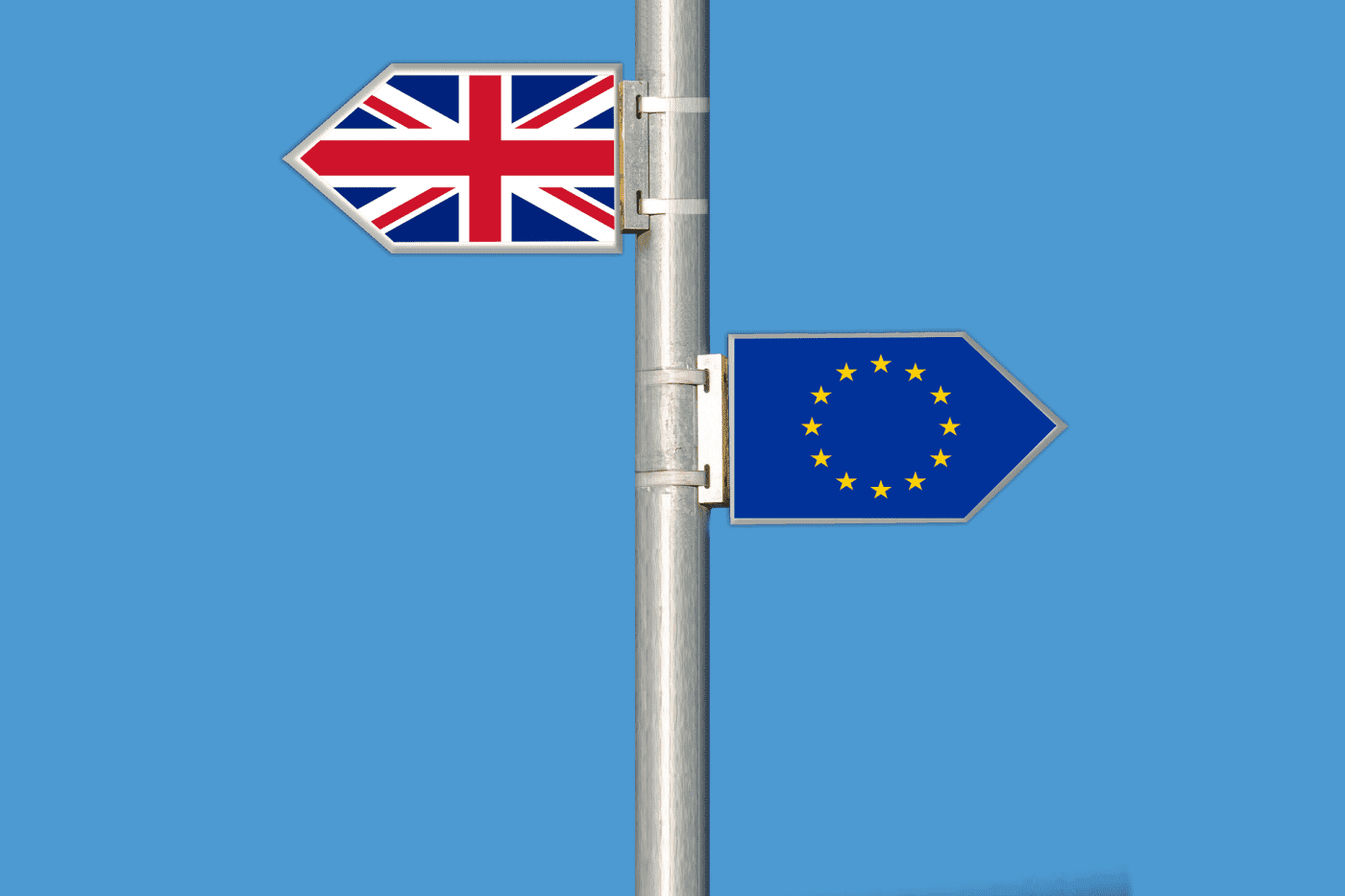
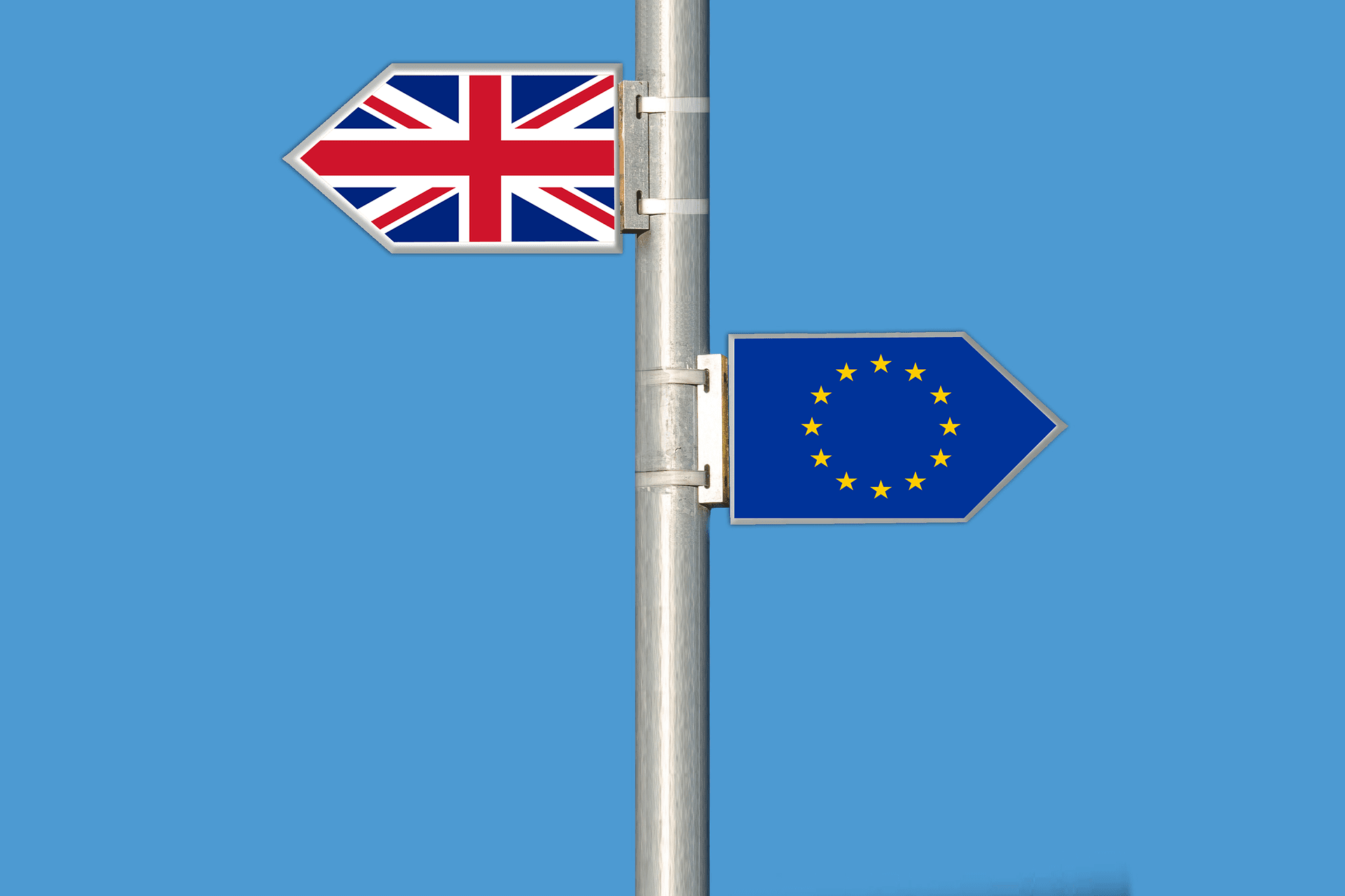 The UK Office for Product Safety and Standards (OPSS) has published guidance on product safety in the event of a No Deal Brexit. This guidance builds on previous technical notices and offers general advice to businesses, as well as setting out the changes that will be made to specific legislation from ‘Exit Day’.
The UK Office for Product Safety and Standards (OPSS) has published guidance on product safety in the event of a No Deal Brexit. This guidance builds on previous technical notices and offers general advice to businesses, as well as setting out the changes that will be made to specific legislation from ‘Exit Day’.
The big picture
Whilst the guidance does not represent a significant departure from the existing technical notices, there are some key points for businesses to be aware of:
1. No change to the safety and technical requirements applicable to products sold in the UK
As expected, the government does not plan to alter the core product safety requirements, with the goal of ensuring that trade between the UK and the EU is as frictionless as possible. The main legislative changes will simply amend existing UK legal provisions that would not work without changes being made. For example, the General Product Safety Regulations 2005 will be amended to require BEIS to establish and operate a database to replace the current EU Rapid Exchange (Safety Gate and formerly known as RAPEX) database.
2. Lawfully CE marked products will continue to be accepted for a limited time period
Despite the introduction of the UKCA mark (see our post here), businesses will, initially, be able to choose whether to mark their products with either the CE mark or the UKCA mark to demonstrate conformity. Although the guidance is clear that this will be for a limited time period, its length remains to be determined “following future consultation”.
3. The UK will publish a list of designated standards, which will replace the EU harmonised standards.
BEIS will designate standards by publishing a reference to them. The guidance envisages that these standards will be those adopted by any of the European Committee for Standardisation (CEN), the European Committee for Electrotechnical Standardisation (Cenelec), the European Telecommunications Standards Institute (ETSI) or the British Standards Institution (BSI).
From distributor to importer – are you caught?
In addition, and of particular note, is that some businesses that were previously distributors will now take on the role of importer, and will need to comply with the enhanced obligations this role brings.
From “Exit Day” these new importers will need to comply with all the responsibilities of an importer, which include additional requirements to monitor product compliance and retain compliance documentation. For the first 18 months of a No Deal Brexit, new importers will be permitted to display their name and address on the packaging of a product, rather than the product itself. Thereafter, these importers will be required to ensure that their name and address appear on the product itself.
Practically speaking, that could mean some urgent additional labelling on products not yet on the UK market, but already manufactured, to ensure full compliance.
Comment
Whilst a No Deal Brexit will not be a cliff edge for product safety requirements, businesses need to be aware of where there are changes and be prepared for any increase in their obligations. This will primarily affect those businesses previously considered distributors in the UK, who would be subject to the enhanced requirements placed on importers. In particular, these “new importers” will need to ensure that their name and address is displayed on a product’s packaging from Exit Day, as the uncertainty around the UK’s position continues.
Written by: Claire Temple and Carol Roberts, Cooley (UK) LLP


